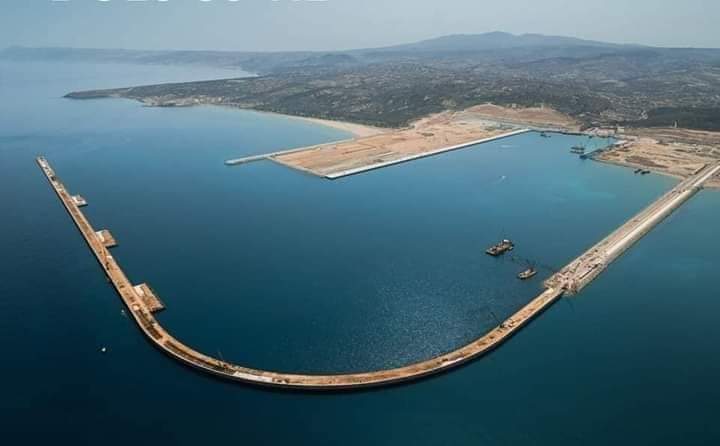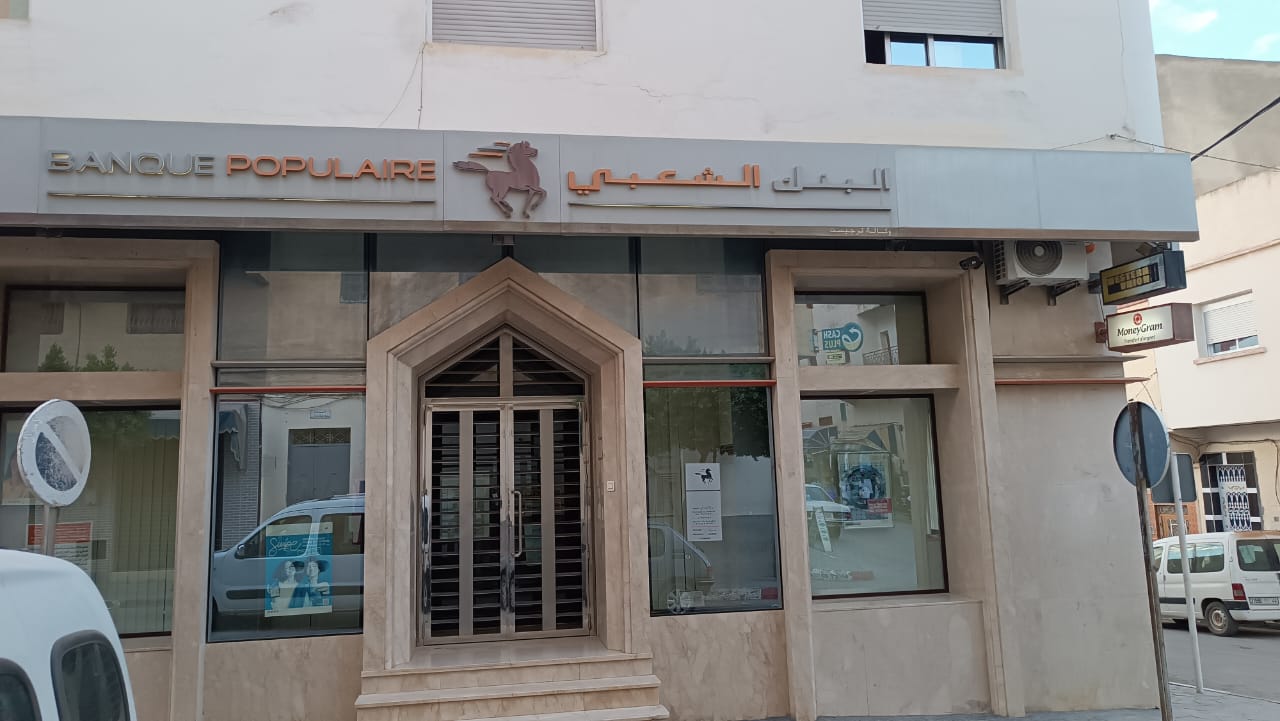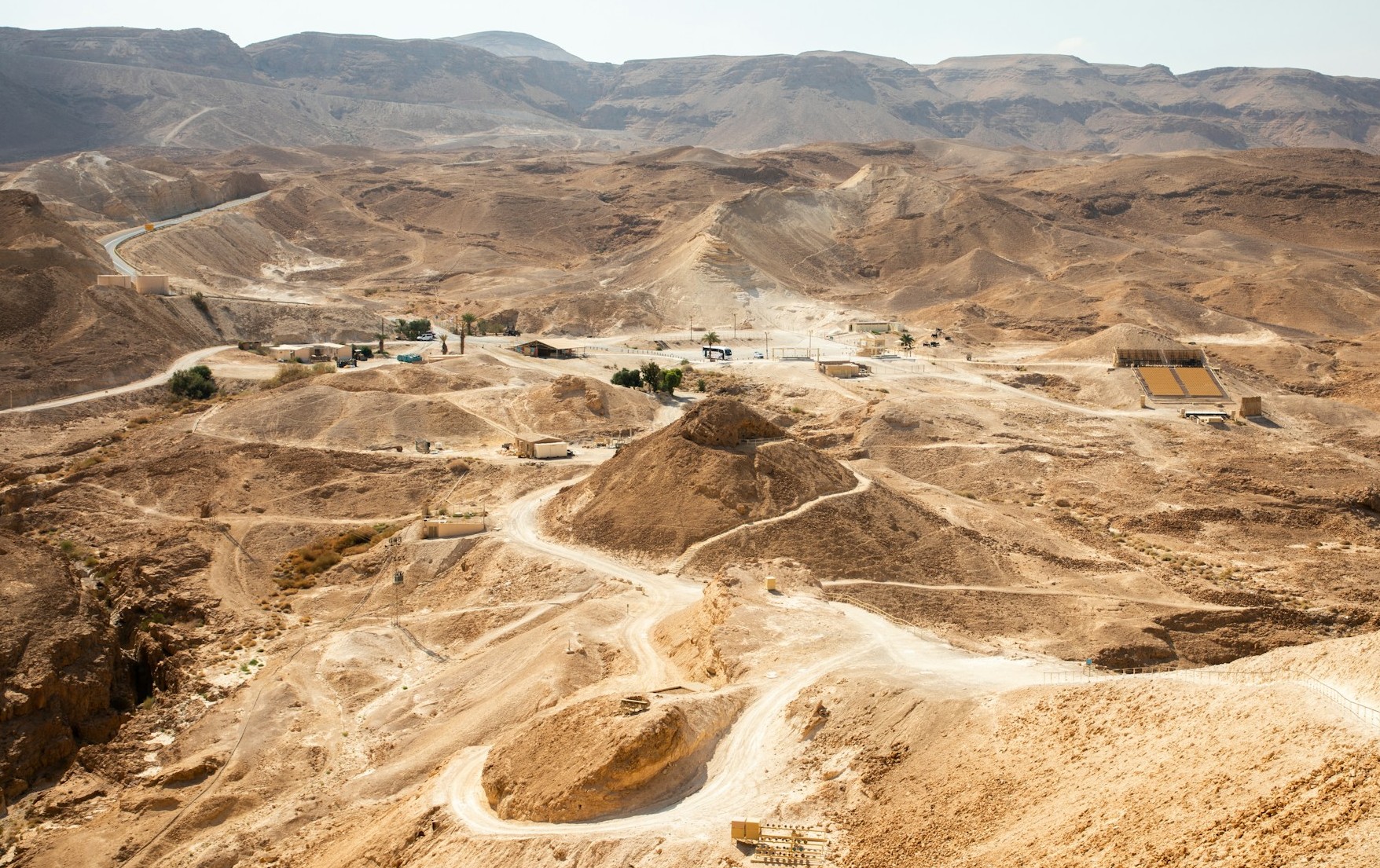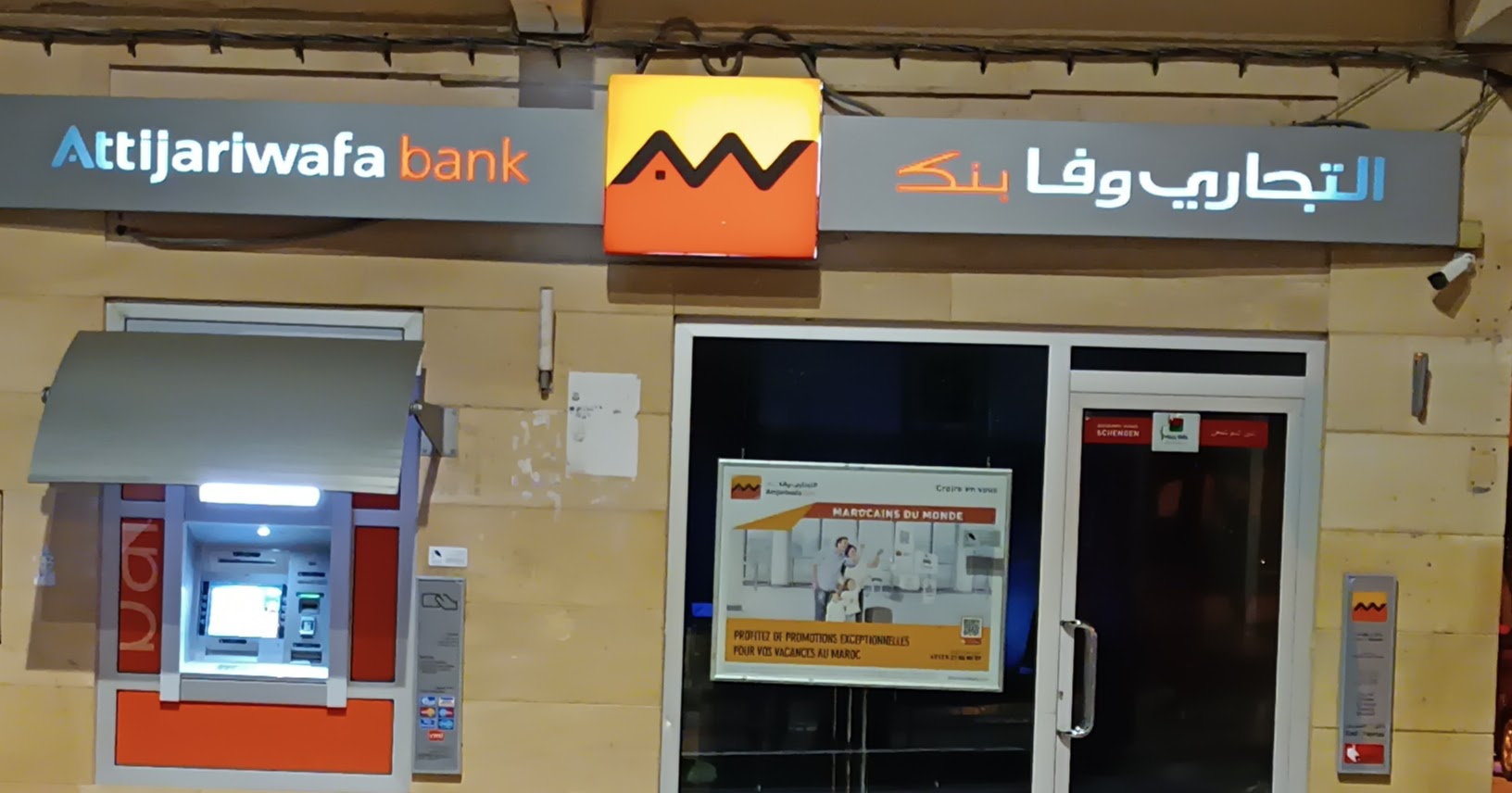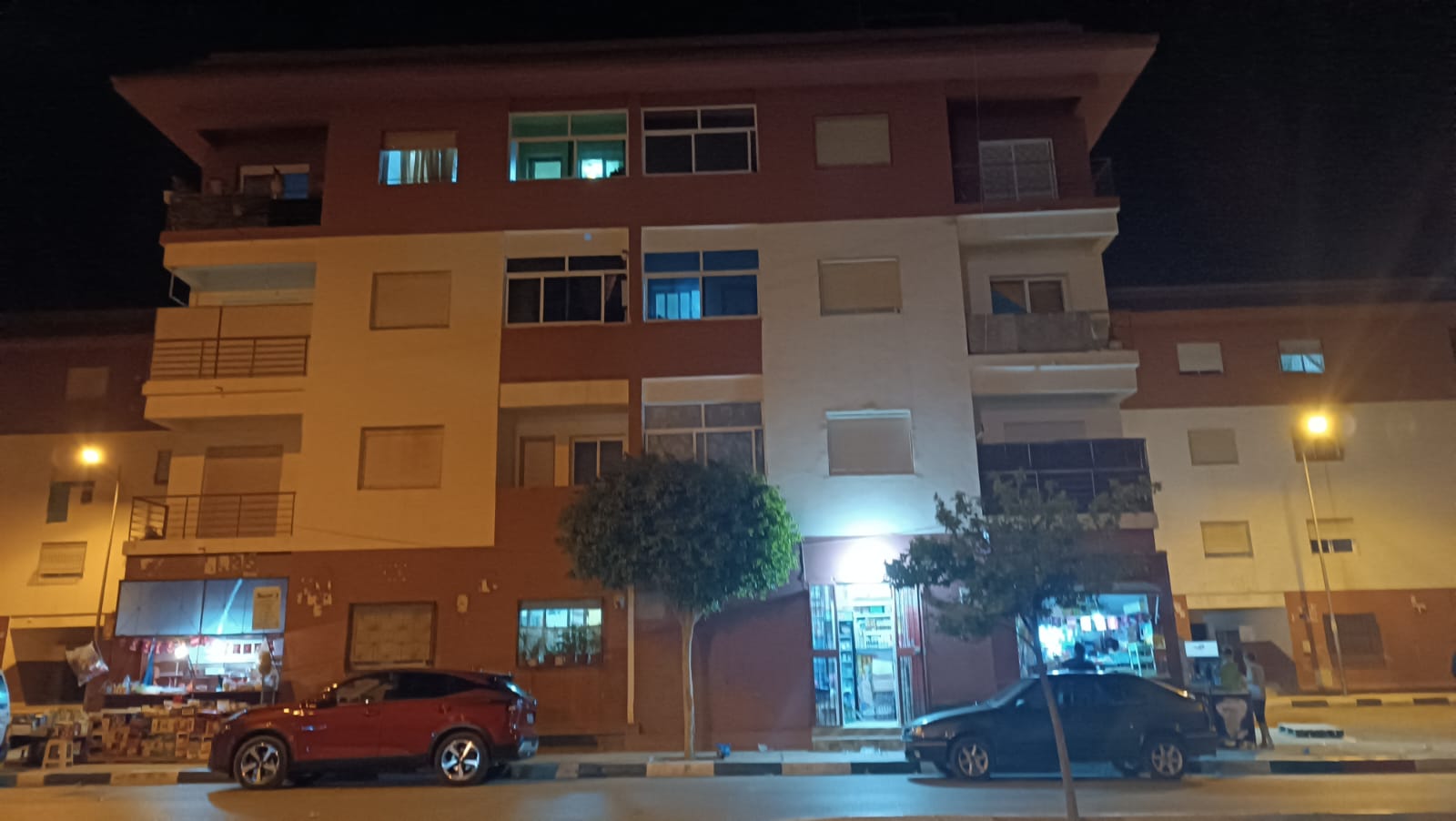Casablanca – The Nigeria–Morocco Atlantic-African Gas Pipeline project has reached a significant milestone, with the finalization of its route and the completion of key preliminary studies. Moroccan Minister of Energy Transition and Sustainable Development, Leila Benali, announced the updates during her address to the House of Councillors on Tuesday, May 13, 2025, marking a new phase in what is widely regarded as one of the most ambitious energy infrastructure initiatives on the African continent.
Feasibility and engineering studies completed
According to Minister Benali, the project has successfully concluded both the feasibility study and preliminary engineering assessments. These studies have allowed stakeholders to identify the optimal path for the pipeline, which is set to stretch approximately 6,000 kilometers, starting from Nigeria and crossing several West African countries before reaching Morocco.
This development marks a transition from the planning phase to preparations for execution. The pipeline, also referred to as the Atlantic-African Gas Pipeline, is designed to transport between 15 and 30 billion cubic meters of natural gas annually. It is expected to serve around 400 million people in 13 countries, significantly contributing to regional energy access and security.
Multilateral agreements in place
Benali also confirmed that during the most recent ministerial meeting on the project, participating countries ratified two critical agreements: the intergovernmental agreement among member states and the host country agreement, which outlines the legal and regulatory frameworks at the bilateral level. These accords form the institutional backbone for cross-border cooperation and ensure the project’s alignment with international and domestic laws.
The pipeline is being developed in phases, reflecting the complexity of coordinating such a massive infrastructure project across multiple jurisdictions with varying regulatory environments.
Creation of a special-purpose company
One of the most notable developments is the formation of a special-purpose vehicle (SPV), a dedicated company that will be jointly established by Morocco and Nigeria. This company will be tasked with overseeing the development, construction, and operation of the pipeline. The creation of this entity marks a strategic step toward implementing the project on the ground.
Preparations are also under way for the final investment decision (FID), which is expected to be made by the end of 2025. This decision will set the stage for the project’s transition from pre-construction to execution, unlocking the required funding and partnerships to initiate full-scale operations.
Strategic and economic importance
The Nigeria–Morocco pipeline is estimated to cost approximately $25 billion, making it one of the largest energy infrastructure projects currently in development in Africa. Beyond its economic magnitude, the pipeline carries strategic weight in terms of regional and intercontinental energy policy.
The project positions Morocco as a potential energy hub linking sub-Saharan Africa, North Africa, Europe, and the Atlantic basin. It is expected to boost economic, industrial, and digital development, while also creating substantial employment opportunities across participating nations.
From a geopolitical standpoint, the project offers a viable alternative to traditional gas routes that run through politically sensitive corridors such as Algeria and Libya. By establishing a westward corridor, the pipeline aims to reduce Europe’s reliance on Eastern energy supplies while enhancing energy security across Africa.
Complementary infrastructure in Morocco
In parallel with the transcontinental project, the Moroccan government launched a national initiative in April 2025 to expand its internal natural gas infrastructure. This includes a call for expressions of interest to build a domestic gas network that will connect the port of Nador to Kenitra and Mohammedia, ultimately extending to Dakhla in the south. This network is intended to integrate with the Nigeria–Morocco pipeline once operational.
By investing in both international and domestic gas infrastructure, Morocco seeks to reinforce its role in the global energy landscape while addressing national energy needs.
Outlook and next steps
With the route finalized and foundational agreements in place, the Nigeria–Morocco Atlantic-African Gas Pipeline is progressing steadily toward implementation. The coming months will likely see the formal establishment of the joint operating company and continued coordination among the 13 partner countries.
If delivered as planned, the pipeline could redefine energy cooperation between Africa and Europe and set a precedent for future transcontinental infrastructure projects.
The final investment decision, expected by year-end, will serve as a pivotal moment in the timeline of this strategic project—one that could reshape energy dynamics in West Africa and beyond.









